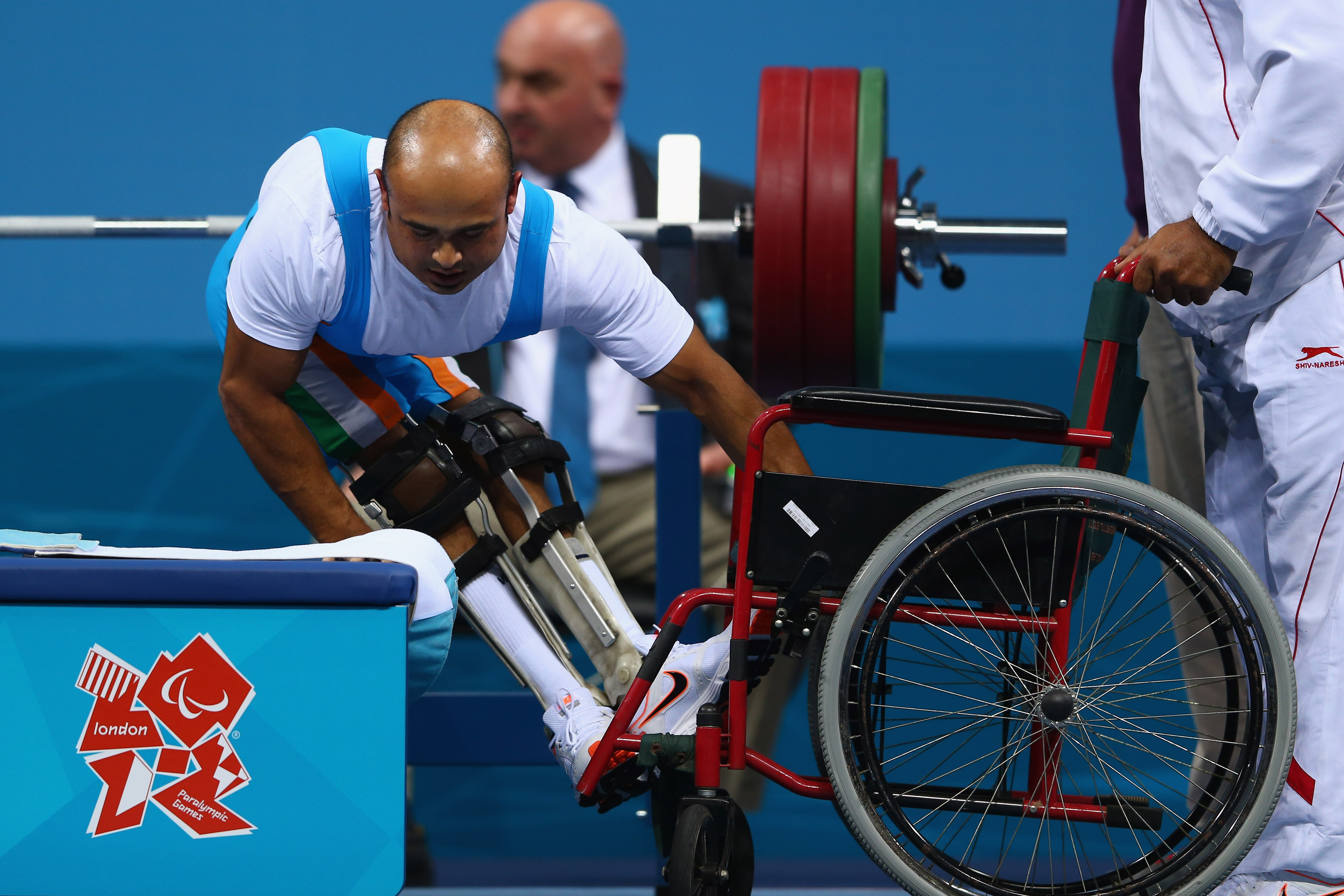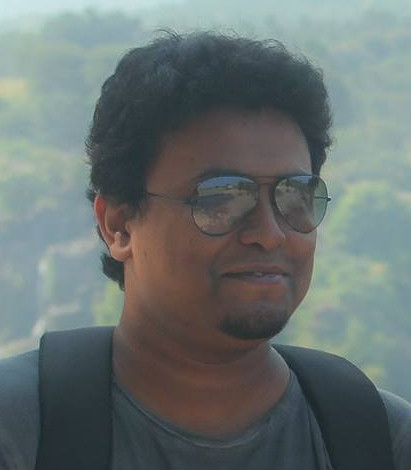Paralympic | Have we earned the right to cheer India's para-athletes in Rio?
Let's cheer our Paralympic athletes, but let's also become a disabled-friendly nation for the next 10 days

Invasions and human immigrations have shaped the world we live in since time immemorial. One of those immigrants—Professor Sir Ludwig Guttmann—fled Nazi Germany before the start of the Second World War and arrived in England in 1939. Guttmann was a German-born Jewish doctor, who somehow managed to escape persecution at the hands of the Nazis, and he changed the way the world treated people with disabilities.
Four years after settling down in Oxford, Guttmann was asked by the British government to establish the National Spinal Injuries Centre at Stoke Mandeville Hospital—the birthplace of the Paralympic Games as we know it today. During the war, the hospital was full of military personnel who had been gravely injured in the war. Most of them were resigned to spending the rest of their lives on a bed, and their daily lives were reduced to a horrific cycle of medication, spoiling their bed sheets, agony, frustration, and most of all isolation.
Disability, even for the war heroes, brought along a cloak of invisibility at that time. The afflicted were cast away and forgotten about; at least the blacks and the Jews stirred up a reaction.
Disability, even for the war heroes, brought along a cloak of invisibility at that time. The afflicted were cast away and forgotten about; at least the blacks and the Jews stirred up a reaction. Doctor Guttmann, however, was not ready to give up on them. He introduced a revolutionary method of treating the disabled. Guttmann felt that sports can act as a therapy for the victims—not only to strengthen their muscles but to also reinstate their confidence and the will to live.
Eventually, in 1948, he
On Wednesday, the opening ceremony of the 2016 Paralympic Games will be held in Rio. 19 Indian athletes will take part in the event, and like in the Olympics, this will be India's largest-ever delegation in Paralympic Games. However, it is not the same, is it?
The ideology behind
Amid all the cries of religious rights, communal rights, women's rights, men's rights, children's rights, and animal's rights, we seemed to have completely forgotten about a certain section of the society—the disabled.
However, amid all the cries of religious rights, communal rights, women's rights, men's rights, children's rights, and animal's rights, we seemed to have completely forgotten about a certain section of the society—the disabled. Usually, our compassion for them starts with frowning at them for 'disturbing' us at various traffic signals and ends with reserving a couple of seats on public transports, which are, of course, mostly ignored.
They are ignored because officially they did not even exist before 2001—which was the first time they were included in India's census. However, that too was an unmitigated disaster. According to the government's census in 2001, only 2.13% of Indians had disabilities—which is only half or less of the actual number out there. According to a survey by the World Bank in 2007, the actual percentage lies between 4-8—around 40-90 million. Even the 2011 census did not improve the precision.
However, despite existing in such an apathetic society, some of them have still managed to make a name for themselves.
Take
“Either they said we submitted wrong papers or they would delay. On the other hand, the Paralympic Council only made things worse, we barely had any infrastructure during national games and training was next to none.
“We could only do normal training, that too thanks to coaches. We didn’t have toilets to go to, no proper equipment to practice and most importantly, we weren’t given money to attend international events. I only got funding for the Asian Games that is it,”
When she

 Girisha, India's lone
Girisha, India's lone Three years ago, Aditya Mehta, who won two Silver Medals at the 2013 Asian Paralympics in cycling, was humiliated at the Delhi airport on his way back from the tournament. A security personnel made him remove his prosthetic leg and clothes when he arrived at the Indira Gandhi International Airport. Earlier this month, he faced similar harassment at the Bangalore airport.
We can try and hide our bigotry behind politically correct terms like “differently-abled”, but as a nation, we have failed those who perhaps needed us to be more sensitive and respectful of their plight.
We can try and hide our bigotry behind politically correct terms like “differently-abled”, but as a nation, we have failed those who perhaps needed us to be more sensitive and respectful of their plight. The government is just a reflection of the will of the people, and the fact that the Right of Persons with Disabilities Bill, which was drafted in 2014, is still being 'discussed' says a lot. Although, it must be added that the latest bill is not a massive improvement over the archaic and outdated legislation of 1995. Most of the job opportunities have shifted to the private sector, and they continue to discriminate. A recent survey of India's top-100 companies shows that not much has changed—in 2013, only 0.73% of their total workforce were persons with disabilities, and in 2015, it is still only 0.76%.
These are only for people with physical disabilities; we do not speak about people with mental disabilities in India.
However, in the next few days, as the likes of Amit Kumar Saroha or Devendra Jhajharia bring us medals (hopefully), we will bring out our masks from the closets and wear them on social media. You will probably see your Facebook time-line flooded with posts titled “You have made India proud” and “You are an inspiration”. But, is that enough?
Ministers would probably start queuing up to donate and gift lands, cash, and cars. But, is that enough?
Boardroom meetings will once again be held across the corporate sector in India to see who can be the next marketable brand among the para-athletes. Wait, that will be stretching this a bit too far. The corporates will not give a damn. But, do we give a damn?

Comments
Sign up or log in to your account to leave comments and reactions
0 Comments